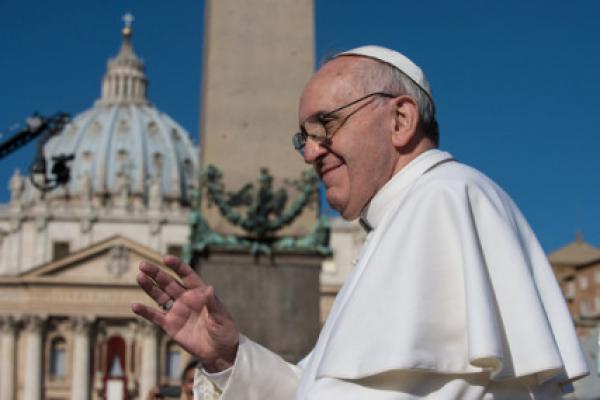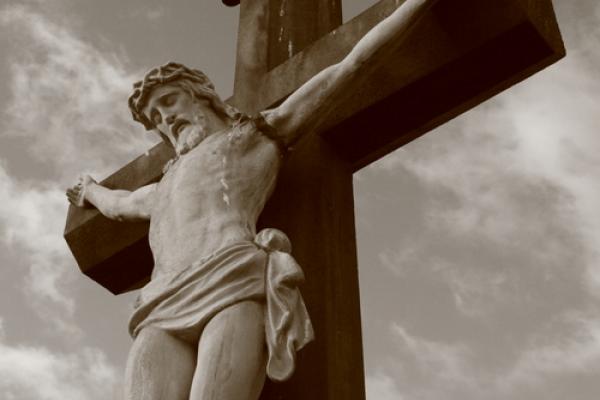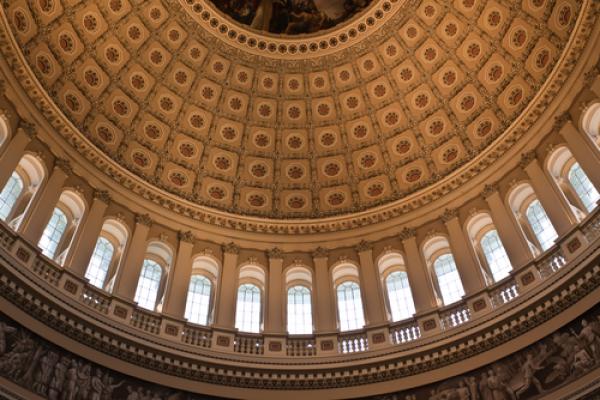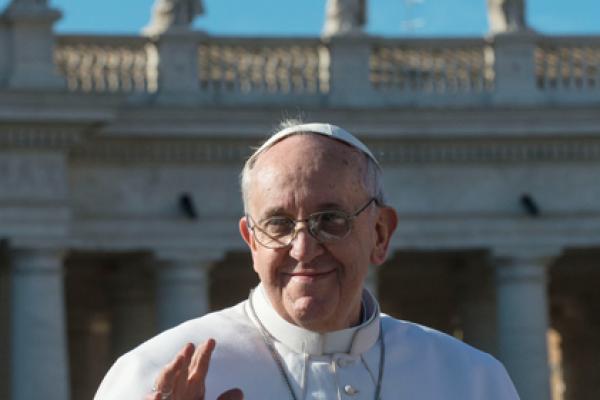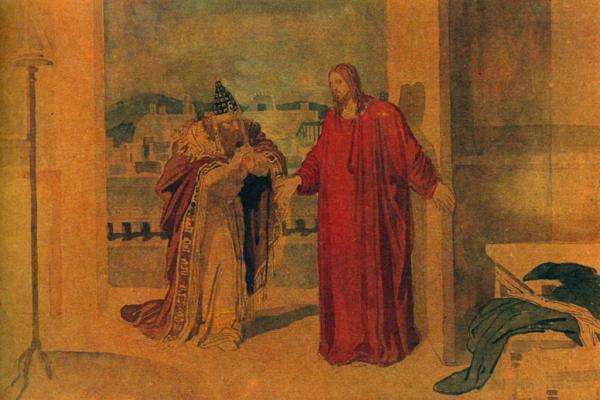Pope Francis on Thursday washed the feet of 12 young inmates, including two girls and two Muslims, during a Maundy Thursday Mass at a youth detention center in Rome.
The Argentine pontiff, who has shown an eagerness to break with tradition in the two weeks since his election to the papacy on March 13, chose to celebrate the rite in the Casal del Marmo prison in northwest Rome, rather than in the traditional venue of the St. John Lateran Basilica.
Francis has repeatedly stated his desire to bring the papacy and the church closer to the poor and the marginalized.
An effort by Boston College administrators to shut down a student-run program to distribute condoms and provide information on safe sex could end up in court, according to Boston media outlets.
School officials sent a letter this month threatening disciplinary action to students behind “Safe Sites,” the network of dorm rooms serving as outlets for condoms, lubricants and other material.
The students were told the effort conflicts with the “responsibility to protect the values and traditions of Boston College as a Jesuit, Catholic institution.”
(The Controversial figure Rob Bell has created another firestorm with his latest provocative book What We Talk About When We Talk About God. Raven Foundation Education Director, Adam Ericksen and Tripp Hudgins will share our thoughts on the book in this blogalogue. We invite you to join the discussion by leaving a comment below.)
Tripp Hudgins always gets me thinking. He is right that Rob’s chapter “Open” in What We Talk About When We Talk About God is about science and religion but that it’s also not about science and religion. This is the longest chapter of the book, and it’s full of scientific information that points to the mystery of the material world. What’s the point? As Tripp states, Rob is “asking for a little humility. He’s asking for a little poetic imagination. He’s asking for curiosity.”
That’s the point of the next chapter, too. Titled “Both,” in this chapter Rob points out a major problem we have with “God-talk.” That problem is language. Tripp set me up for this at the end of his post by asking, “Are words actually enough? Ha! Write about that. Words. Words. Words.”
When I was in seminary I learned about apophatic theology, or negative theology. It tries to define God by what God is not. A 9th century apophatic theologian named John Scottus Eriugena asserted, “We do not know what God is. God Himself does not know what He is because He is not anything. Literally, God is not because He transcends being.”
The first Christians confessed that Jesus is "God from God, light from light, true God from true God." Jesus is, they finally confessed after centuries of dispute, who the Gospels and the apostles plainly tell us: God without qualification. Bethlehem's baby boy grew to be the man from Nazareth, who is also from before time and forever the only begotten Son.
Jesus tells Philip that he and the Father are one; that if Philip has seen Jesus, then Philip has seen the Father. Paul tells the Colossians that Christ is the visible image of the unseen God. The Hebrews are taught by their apostle that Jesus bears the very stamp of God's nature.
If anything we think we knew about God before Jesus arrives in Mary's womb contradicts what we see and hear of Jesus in the Gospels, then we are the ones who are mistaken, the ones who weren't paying close enough attention before he came (yes, Jesus reveals the same relationship-initiating God of holy love we encounter in the pages of the Hebrew Bible); we are the ones who have, since his decades of extravagant humility among us as one of us, forgotten the Christ.
This week a large number of Americans are celebrating Holy Week, leading up to Easter Sunday. Churches will be packed with both the regulars as well as the once- or twice-a-year worshippers for the "Super Bowl of Sundays" to celebrate Christ’s victory over death and sin and his glorious resurrection.
In the midst of an exasperating and polarized political debate around the U.S. budget, our national and political leaders can learn valuable lessons from Holy Week. Whatever your faith background may be, we could all benefit from a greater commitment to the humility, shared sacrifice, and hope that Holy Week embodies. An extra dose of humility, sacrifice, and, ultimately, hope represent the balm that could bridge many of our ideological differences and resolve the current political impasse around the budget that has paralyzed our political system and divided the nation.
In his first general audience since his election to the papacy, Pope Francis on Wednesday urged Catholics to leave their comfort zone to search for “lost sheep.”
As the Catholic Church prepares for Easter and celebrates the rites of Holy Week, Francis told around 20,000 people in St. Peter’s Square to avoid “a tired and routine way of living the faith,” and resist “the temptation to withdraw into pre-established patterns that end up closing our horizon” to God.
“We must not be content to remain in the enclosure of the 99 sheep; we have to step outside, to search for the lost sheep,” he added, referring to a parable of Jesus.
He came to Jesus at night, sneaking off to see the man behind the miracles.
He was a powerful Pharisee, a member of the Sanhedrin, the Jewish ruling council. He wasn’t supposed to mix with the motley lot that followed Jesus.
But Nicodemus had to know: Was the charismatic Galilean for real?
